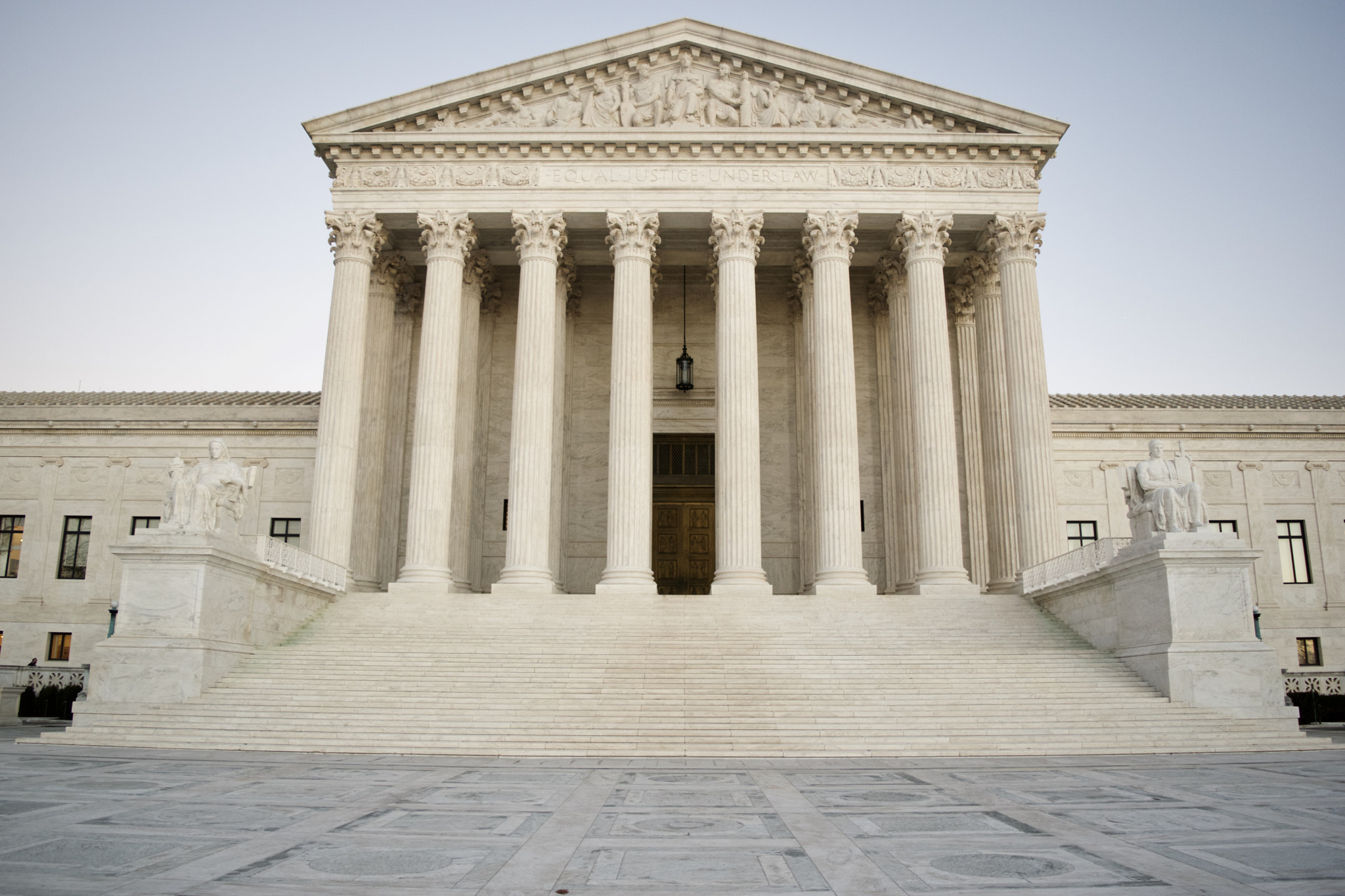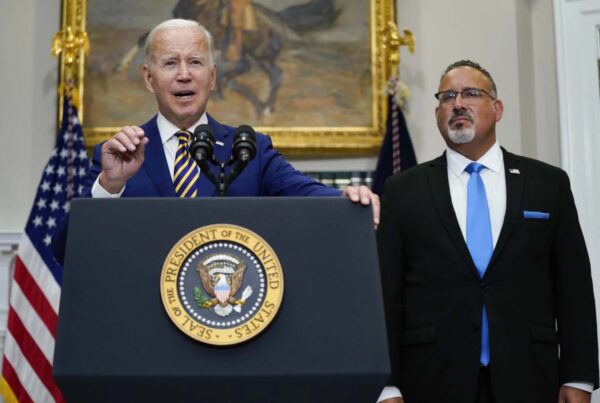The Supreme Court issued a ruling today that will make it easier for private businesses to refuse service to LGBTQ people.
In this case, 303 Creative v. Elenis, the court ruled 6-3 that a Christian website designer in Colorado does not have to make wedding websites for LGBTQ couples. The decision, authored by Justice Neil Gorsuch, held that the First Amendment protects the web designer’s right to refuse service to same-sex couples.
Elizabeth Sepper of the UT Law School said the ruling centered around Colorado’s anti-discrimination law.
“The central issue was whether states can apply anti-discrimination law to a commercial business that uses some expression in the production of their products,” Sepper said. “The Supreme Court said no, that the free speech clause bars that application. And that applies across the nation to applications of public accommodations anti-discrimination laws, and potentially further into other areas of anti-discrimination law.”
Sepper said the ruling has implications far beyond same sex-couples.
“There’s nothing about this decision that is limited to LGBTQ people. So a website designer now who does not want to design a wedding website for an interfaith couple or a couple where one person is white and one person is Black could equally deny service,” she said. “The other thing to note is this case isn’t about religion. The website designer was motivated by religion here, but there’s no requirement that there be any sort of religious or conscientious motivation. It could be simple racism or prejudice toward a particular group.”
While this decision does not explicitly reverse any court precedent, Sepper said it represents a huge change in how public accommodations laws have been enforced since the Civil Rights Act of 1964.
“We’ve seen repeated forays to the court from groups that didn’t want to comply with prohibitions on race discrimination, on sex discrimination, on sexual orientation discrimination,” she said. “And when they were commercial entities just engaged in selling products to the public, they always lost. And so this is a shift, even if it doesn’t represent a clear reversal of that precedent.”
Sepper said Texas does not have a public accommodations law on the books, but local laws to a similar effect do exist.
“Texas is an extreme outlier here, one of five states that does not have public accommodations anti-discrimination laws for race or anything else,” she said. “But most of our municipalities – and this is true in other states, too – have prohibitions on sexual orientation discrimination in public-facing businesses. So it has an impact here as well.”
Sepper said overall this term, the Supreme Court often ruled in ways that advanced the goals of the conservative legal movement.
“We’ve seen some progression towards some of the goals of the conservative legal movement. Just yesterday we saw Groff v. DeJoy, which gives employees sort of turbocharged rights to demand religious accommodations in the workplace,” she said. “Today we saw a case in 303 Creative that gives Christian conservative businesses a real tool against anti-discrimination law. And I think what we’re likely to see going forward – and what these two cases together spell out – is empowering conservatives, particularly conservative Christians, whether they are businesses or employees. But for those who don’t share those conservative beliefs, even from a religious perspective, we’re going to see a narrowing of their rights – that is my prediction.”













